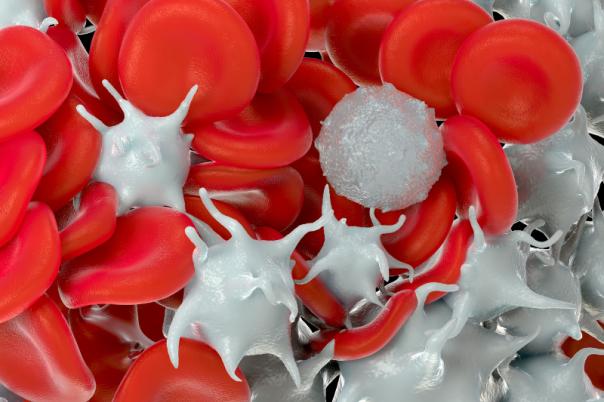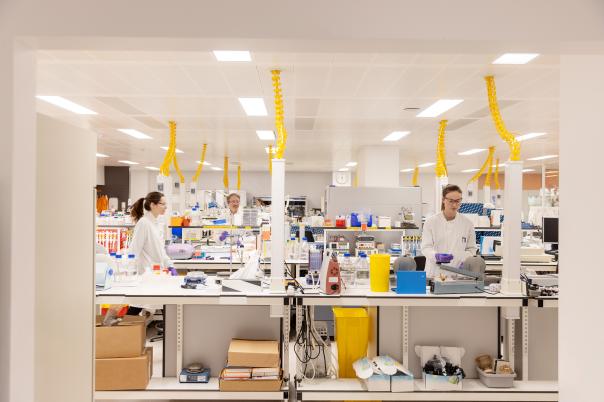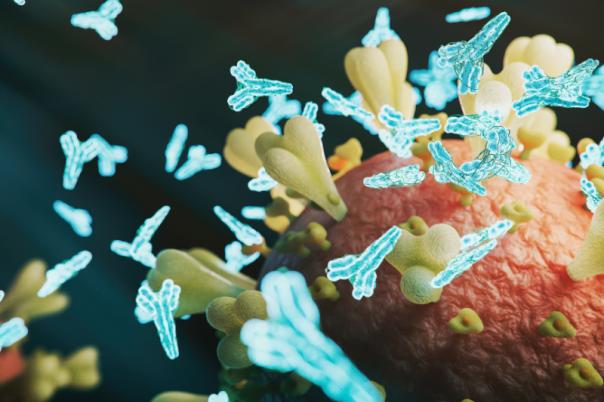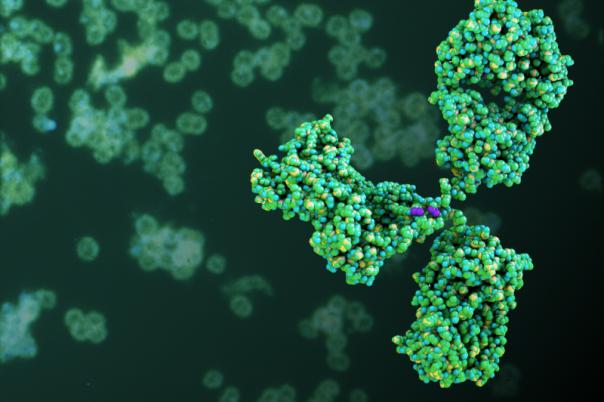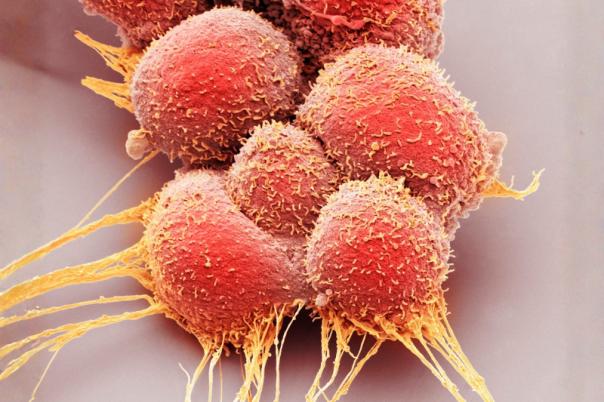The National Institute for Health and Care Excellence (NICE) has backed AstraZeneca’s AKT inhibitor breast cancer drug capivasertib (Truqap) for use on the NHS. Capivasertib serves as a therapy option for approximately 1,100 adults with hormone receptor (HR)-positive HER2-negative breast cancer that has certain genetic mutations.
In 2020, 40,000 people were diagnosed with breast cancer in England. Approximately 14.8% of this cohort had advanced stage disease when they received a diagnosis. Hormone receptor (HR)-positive HER2-negative advanced breast cancer is incurable. Capivasertib aims to delay cancer symptoms and extend prolong patient life expectancy.
The final draft guidance from the NICE recommends capivasertib for patients with hormone receptor (HR)-positive HER2-negative breast cancer that has one or more of the following mutations: PIK3CA, AKT1, or PTEN that is either spread locally within the breast tissue or metastasised.
Given as a twice-a-day tablet, capivasertib functions by blocking the effects of proteins called ATK kinases, which allow cancer cells to grow and multiply. Clinical trial results demonstrated that combining capivasertib with fulvestrant increased the time before cancer effects worsened by around 4 months compared with the placebo and fulvestrant.
Helen Knight, Director of medicines evaluation at NICE, said: “People with advanced breast cancer would value treatments like [capivasertib] that can be given when limited options exist and because it may delay the need for chemotherapy and its associated side effects.”
This is a landmark moment for breast cancer patients; however, it is crucial that they receive the drug quickly. Claire Rowney, Chief Executive Officer of Breast Cancer Now stated: “NHS England must now put in place prompt genetic testing to ensure those eligible receive capivasertib without further delay. The Scottish Medicines Consortium must also consider this treatment at pace now, so that we see it made available to all who need it across the UK.”

